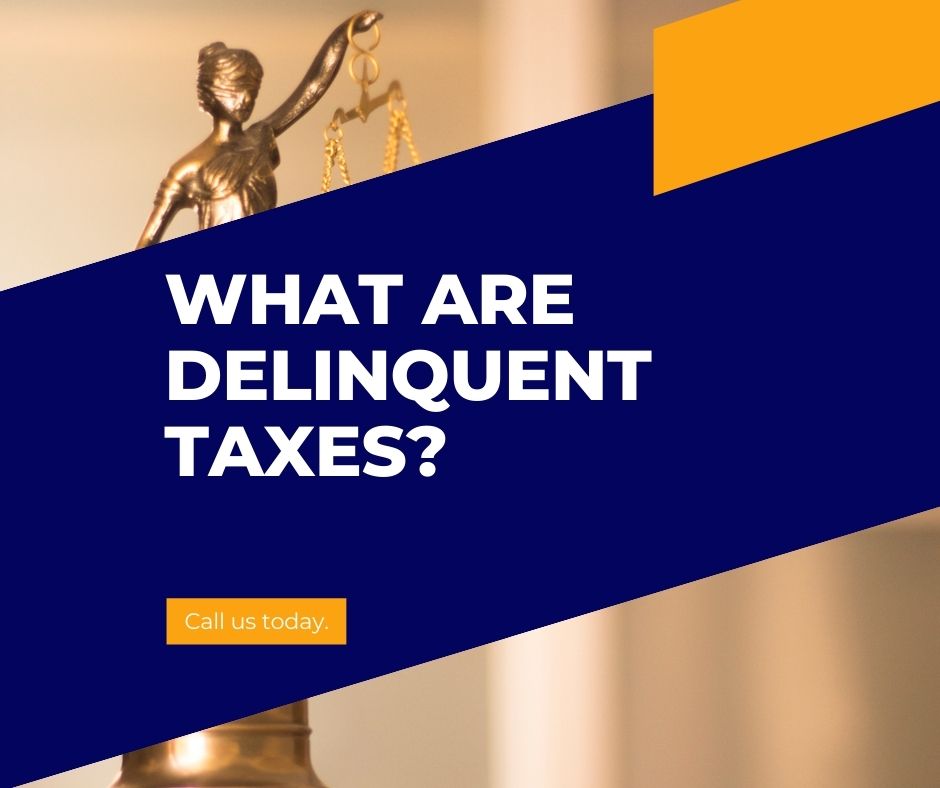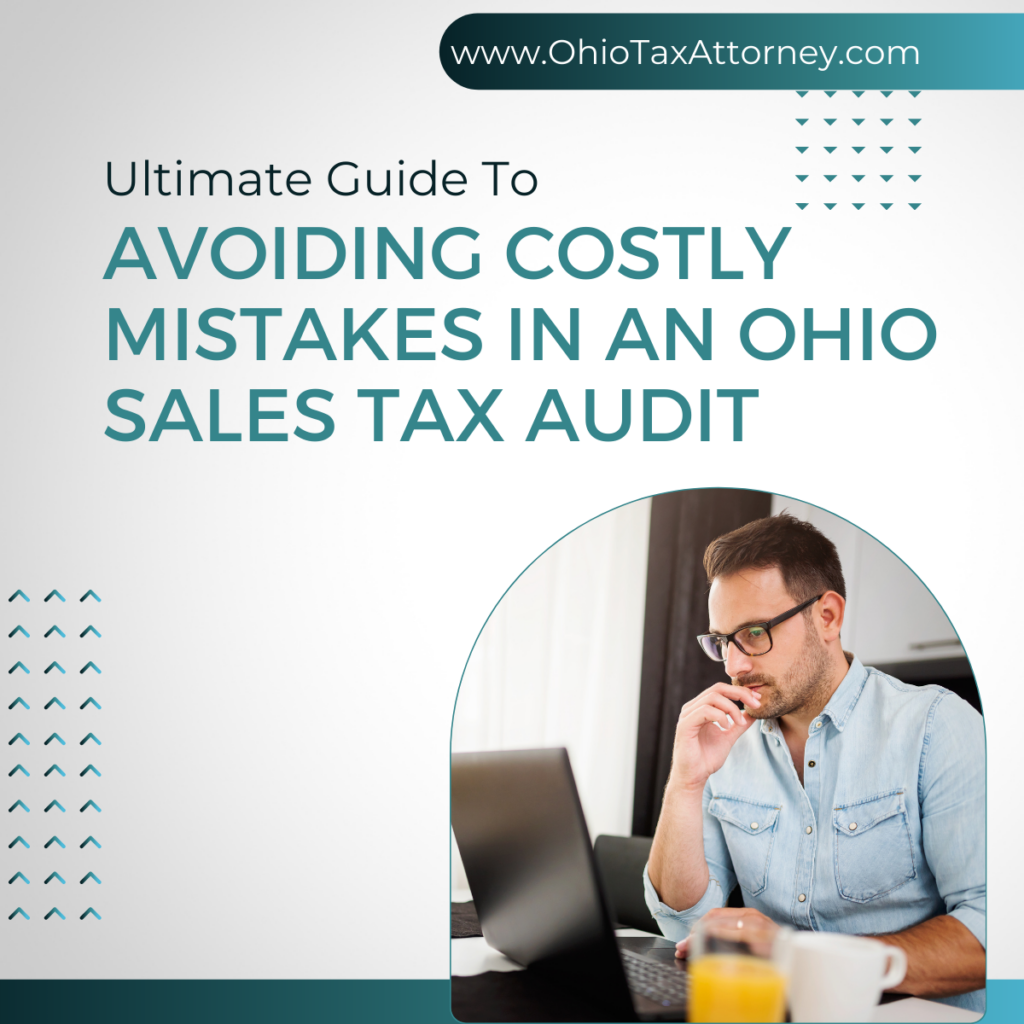What Is a Partial Payment Installment Agreement?
A Partial Payment Installment Agreement is an Internal Revenue Service (IRS) program that allows taxpayers to pay tax debt in monthly payments and potentially avoid paying thousands of dollars worth of tax debt.
Not all IRS Installment Agreements are Partial Payment Installment Agreements.
There are several types of Installment Agreements:
- Guaranteed Installment Agreements
- Streamline Installment Agreements
- Partial Payment Installment Agreements
- Full Pay Installment Agreements
A Partial Payment Installment Agreement is special because a portion of the tax debt does not always end up having to be paid.
Are You Eligible for a Partial Payment Installment Agreement?
A Partial Payment Installment Agreement is a very attractive option, but, unfortunately, not everyone is eligible to participate. A Partial Payment Installment Agreement is only an option to taxpayers that are in very specific situations.
First of all, to qualify for a Partial Payment Installment Agreement, you must be “current and compliant.” To participate in a Partial Payment Installment Agreement, you must be up to date with all tax filings and current with estimated tax requirements if you are self-employed. Generally, we recommend that taxpayers pull their IRS transcripts for the previous ten years (and the spouse transcripts, if married) to ensure that there are no missing returns.
Once you are certain that you are “current and compliant”, you will need to go through the process of qualifying for a Payment Plan that would pay back your IRS debt in full.
Qualifying for a payment plan requires a comprehensive analysis of your:
- Assets
- Income
- Expenses
To qualify you for an IRS Payment Plan, we can look at your gross income and subtract allowable expenses for housing, transportation, living expenses, etc. The IRS has outlined the specific expenses that are allowed to be deducted from your income. Those allowable expenses are dependent on the location of your residence, household size, vehicle and transportation manner, etc. More detailed information on allowable expenses can be found in the IRS Collection Financial Standards (https://www.irs.gov/businesses/small-businesses-self-employed/collection-financial-standards)
When your allowable expenses are subtracted from your gross income, this reveals the amount that the IRS sees as your Future Income. This future income is taken into consideration when the IRS determines what they can expect you to pay in the future.
Next we need to look at your assets. If you have real estate, stocks, bonds, digital currencies, IRAs, and/or vehicles, the IRS will take these into consideration when calculating your eligibility for a payment plan.
When the IRS takes a look at the entirety of your financial situation and determines that your accessible assets and foreseeable future income will not be able to pay off the full tax debt before the statute of limitations, you may qualify for a Partial Payment Installment Agreement.
With the Partial Payment Installment Agreement, you would make a monthly payment based on your income until the tax liability reaches the statute of limitations and is no longer collectible by the IRS.
Your Ohio Tax Lawyer has dealt with numerous Partial Payment Installment Agreements and knows precisely how to make sure that you end up paying no more than absolutely necessary to the IRS.
As you can see, we’ve got you covered if it has to do with IRS tax or Ohio tax. JMS Law is the premier Ohio tax law firm focused exclusively on IRS and Ohio tax. If you received a tax notice in the mail, call JMS law to discuss today. Call your Ohio tax lawyer at 330-331-7611 for a free case analysis today.











